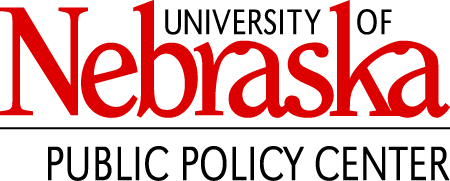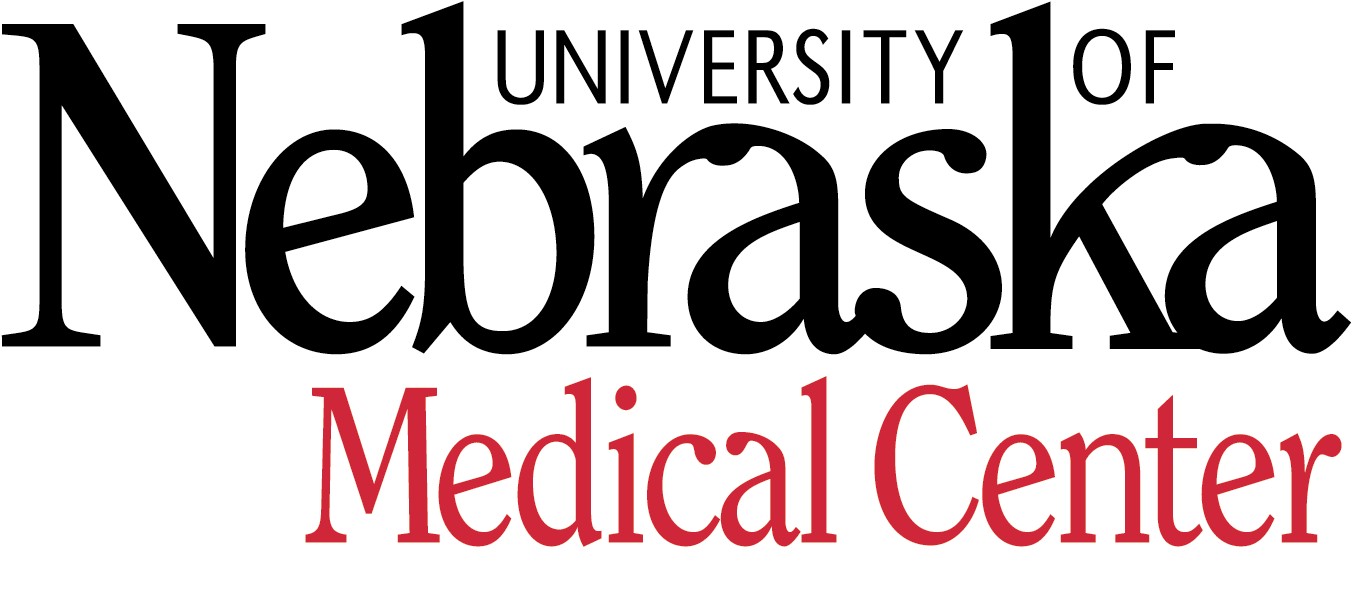Nebraska Disaster Behavioral Health Conference
The Nebraska Disaster Behavioral Health Conference is for psychiatrists, psychologists, social workers, mental health care providers, public health officials, nurses, clergy, emergency managers, and first responders to learn and recognize how to prepare and respond to the psychological effects of disaster and mass casualties.
2007 Conference
July 14, 2007
Embassy Suites Hotel
555 South 10th Street
Omaha, NE 68102
Objectives
1
Recognize the symptoms of posttraumatic stress disorder (PTSD) and describe the differential prevalence of PTSD following various types of trauma and describe the phenomenon of natural recovery following exposure to trauma.
2
Describe current evidence-based psychological and pharmacological treatments for PTSD and recognize the limitations of these treatments.
3
Discuss the implications of data related to the differential prevalence of PTSD following various types of trauma, the phenomenon of natural recovery, and both the efficacy and limitations of current evidence-based treatment (psychological and pharmacological).
4
Describe common reactions of children after disaster or trauma.
5
List at least two factors that can impact healing and recovery.
6
Discuss at least two ideas that can improve outcomes and build resilience in children after disaster/trauma.
7
Identify and define compassion stress and fatigue.
8
Identify and define vicarious and secondary trauma.
9
Define strategies to ameliorate the effects of experiences during mass casualty and disaster.
10
Identify the three primary steps for developing a Business Continuity Plan.
11
Identify special issues for continuing operations in a pandemic vs. other disasters.
12
Describe the impact of nuclear testing on the population of Kazakhstan.
13
Identify implications of Kazakhstan’s experience for contemporary response to nuclear incidents.
14
Explore the spiritual issues for responders to a nuclear incident.
Conference Speakers
Shawn Cahill, Ph.D.
Assistant professor of clinical psychology in Psychiatry Dept., University of Pennsylvania
Dr. Cahill works with the University of Pennsylvania’s Center for the Treatment and Study of Anxiety. He has extensive experience in research evaluating the efficacy of psychological and psychiatric treatments of anxiety disorders, particularly emphasizing posttraumatic stress disorder (PTSD). He has authored over 40 published scholarly papers and book chapters on topics related to the nature and treatment of pathological anxiety.
Robin Gurwitch, Ph.D.
Professor, Department of Pediatrics,
University of Oklahoma Health Sciences Center
Dr. Gurwitch is a co-investigator with the Terrorism and Disaster Center of the National Child Traumatic Stress Network and a member of the Substance Abuse and Mental Health Services Administration’s (SAMHSA) cadre of experts on disaster mental health. She is the program coordinator for the newly established National Center for School Crisis and Bereavement.
Margaret Samuels, MSW, LCSW
Deputy/managing director, Center For Child and Family Health, Duke University Department of Psychiatry
Ms. Samuels serves as a staff/consultant for Physicians for Human Rights in Bosnia, Kosovo, and Iraq. She is responsible for staff training, staff support and dealing with vicarious trauma and compassion fatigue, and managing secondary stress in-field staff. She recently participated in a conference in Guatemala to draft the minimum mental health standards for victim and families of forced disappearances, mass graves, identifications, and exhumations.
Keith Hansen
Pandemic influenza outreach coordinator, Center for Biopreparedness Education
Mr. Hansen coordinated the creation and implementation of Nebraska’s Strategic National Stockpile Plan. He has expertise in exercise development and implementation, and the coordination of both public health and medical disaster responses in conjunction with the Nebraska Emergency Management Agency. He currently provides training and education in the areas of pandemic influenza and business continuity.
Debbie Sheehan, MA
Director of Formation and Education in Sexuality Archdiocese of Omaha
Ms. Sheehan is both a spiritual and retreat director and has developed and implemented programs to help adults deepen their understanding of the connections between spirituality and sexuality. She also serves as adjunct faculty in the Graduate School at Creighton University as a lecturer in the Christian Spirituality Program.
John Sheehan, MBA, FACHE
Director, Douglas County Mental Health Center
Mr. Sheehan has been a hospital administrator for 34 years. He served as a consultant to the Department of Defense and Department of State regarding resource requirements to support the treatment of victims of nuclear testing in Kazakhstan.
Laura Gibson, Ph.D.
Clinical and research assistant professor, University of Vermont
Dr. Gibson is a consultant for the National Center for PTSD. She was the invited co-chair of a working group convened by the National Institutes of Health in 2003 to create best practice guidelines for mental health interventions subsequent to mass violence and disasters. She is the co-author of a manualized treatment for prolonged post-disaster distress that is grounded in evidenced-based principles. She has trained and consulted with therapists on the implementation of the manual subsequent to both hurricanes and the 9/11/01 attacks.
Conference Materials

Conference Agenda
Contacts
University of Nebraska Public Policy Center
Disclaimer
This website is part of a coordinated effort on behalf of the U.S. Federal Government and the Nebraska Department of Health and Human Services Division of Public Health, Division of Behavioral Health, and the University of Nebraska Public Policy Center. Funding was made possible [in part] by U3REP190555 from the Office of the Assistant Secretary for Preparedness and Response (ASPR). The views expressed in written materials or publications do not necessarily reflect the official policies of the U.S. Department of Health and Human Services or the Nebraska Department of Health and Human Services, Division of Public Health; nor does mention of trade names, commercial practices, or organizations imply endorsement by the U.S. Government or the State of Nebraska.







